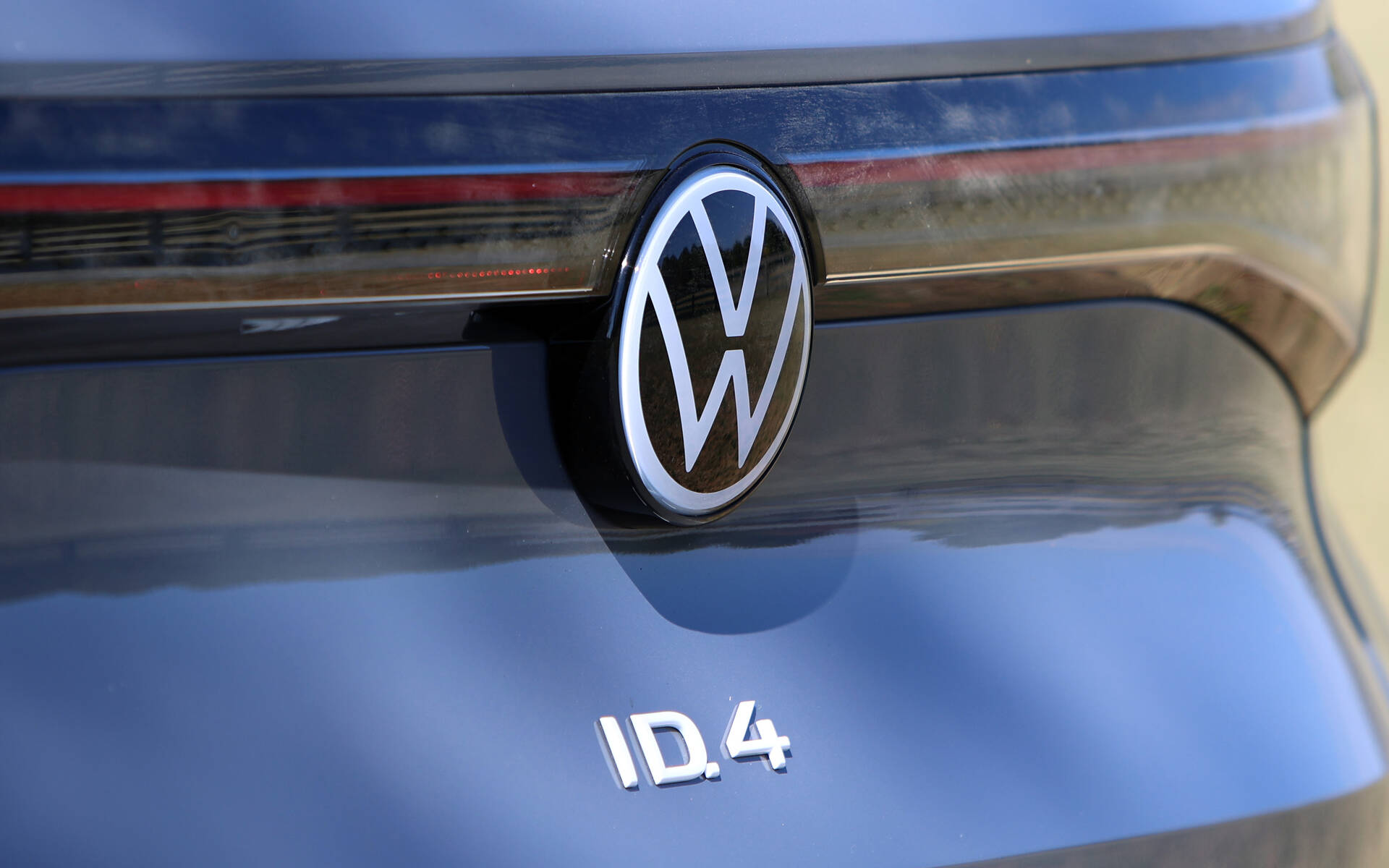Volkswagen Boss Admits Company is “No Longer Competitive”
Back in June, Volkswagen executives announced a transformation plan aimed at saving 10 billion euros (approx. $15 billion CAD) by 2030. They explained on Monday that they are considering major staff reductions across the globe, possibly in the form of early retirements, to hopefully meet the vital cost-cutting targets.
"It is clear: the status quo will not be enough. It will not work without significant cuts. We must address critical issues, including personnel," Volkswagen brand CEO Thomas Schäfer told a staff meeting at the company’s headquarters in Wolfsburg, Germany.
- Also: Cheaper Volkswagen EV Coming to Canada in 3-4 Years
- Also: All-New VW Tiguan Debuts in Europe, Ours Will Be Much Different
Volkswagen as a group, which also includes Audi, Porsche and more, is facing tough competition in the electric vehicle sector, particularly in key market China, mostly due to lower prices.
"The situation is critical. Many markets are under pressure. Our orders, particularly for electric vehicles, have been lower than expected," Schaefer continued before adding that the group is "no longer competitive" in its current form.

In September, Volkswagen cut 269 temporary jobs at its flagship electric vehicle plant in Zwickau. It later scaled down production, citing a weak global economy and low levels of demand.
Earlier this year, the automaker announced a plan that would cut 2,000 jobs at its Cariad division as part of a restructuring effort that will see its long-awaited new software architectures delayed even further.
New Canadian Boss
In related news, Volkswagen confirmed on Monday that Edgar Estrada will be joining the group as President of the Volkswagen brand in Canada effective January 1, 2024. He has been with the company for 25 years, lately as head of Mexican operations.

This change comes about as the result of the upcoming departure of Pierre Boutin, who took the job in 2020 and will now work for Volkswagen in Europe.
Volkswagen currently has no plans to adjust its investment in a large EV battery plant in Ontario, which will cost the Canadian government more money and create fewer jobs than expected, Parliamentary Budget Officer Yves Giroux warned in June.












